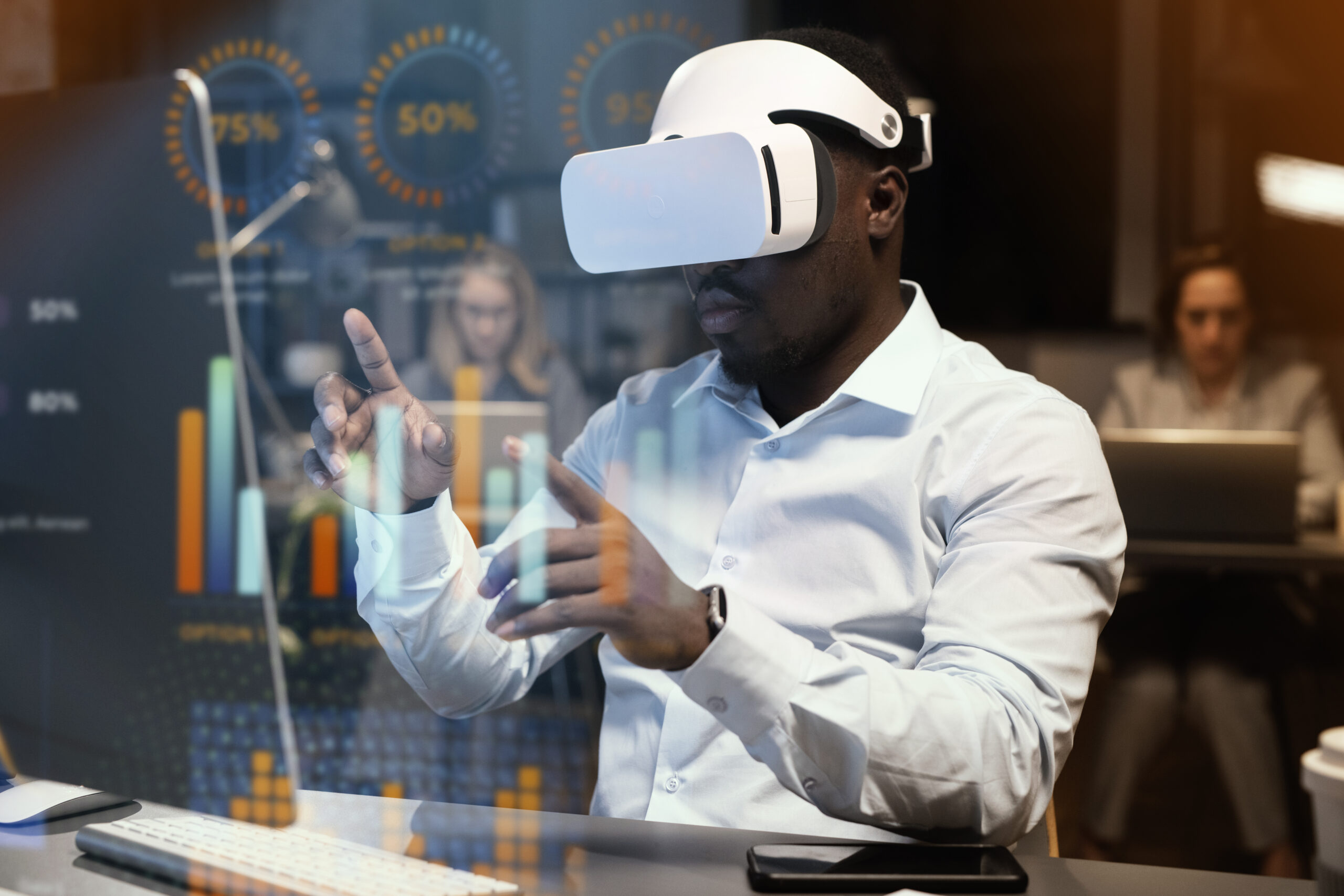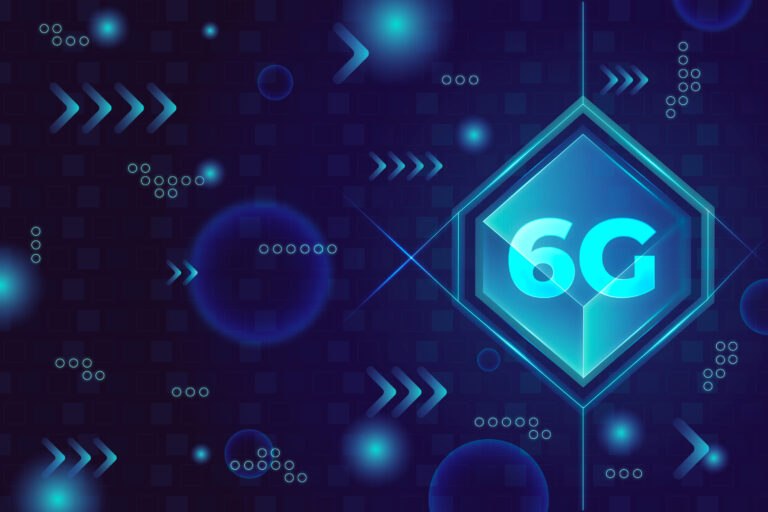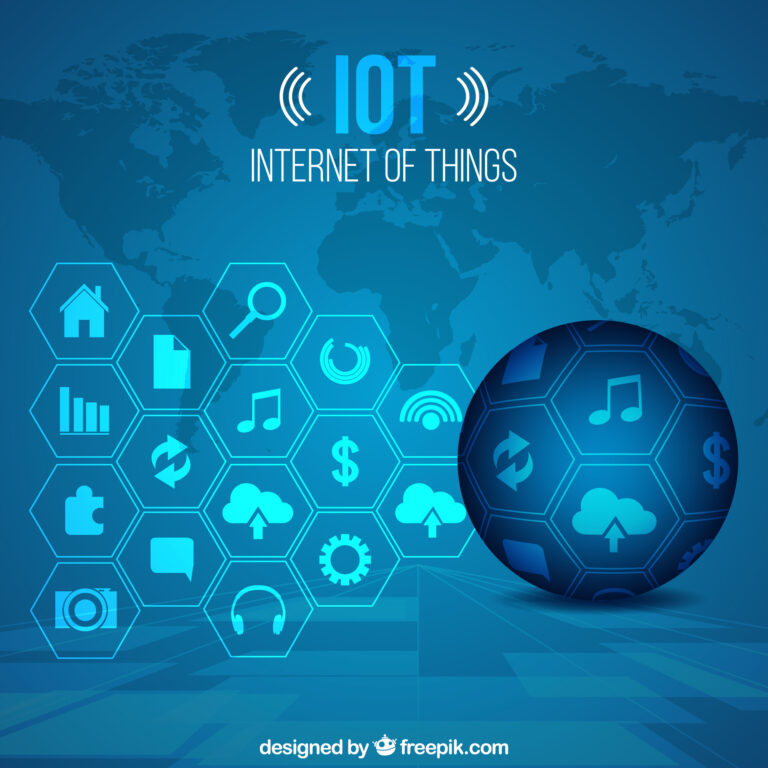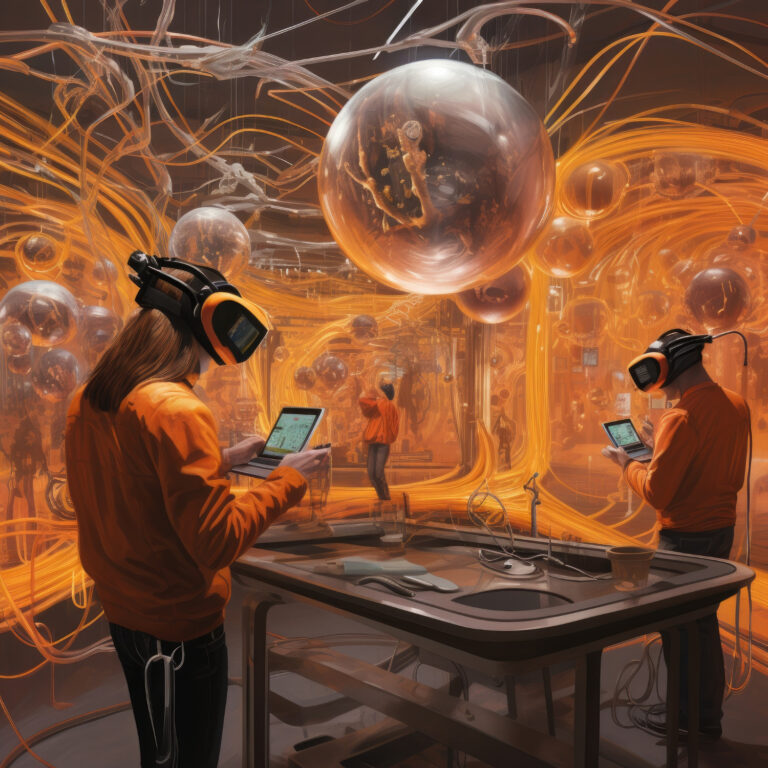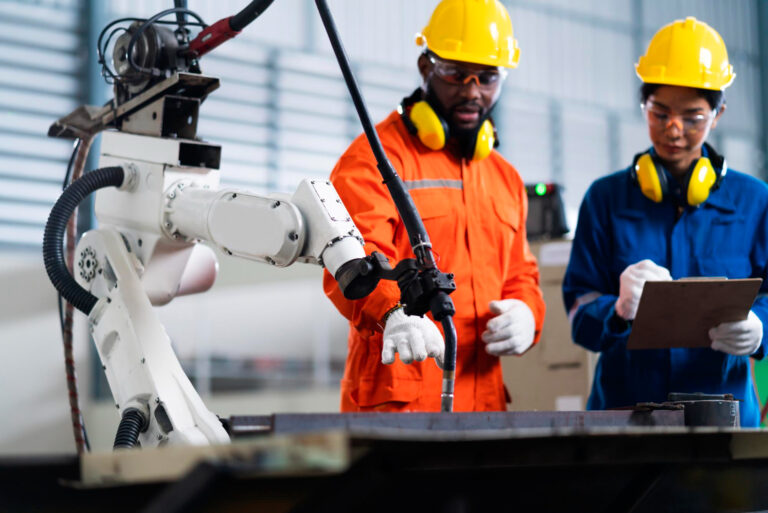The Future of Artificial Intelligence in Everyday Life
The Future of Artificial Intelligence in Everyday Life.
Introduction
Artificial Intelligence (AI) has moved from the realm of science fiction into our daily reality. Once considered futuristic, AI is now embedded in technologies that we use every day — from voice assistants like Siri and Alexa to recommendation algorithms on Netflix and YouTube. As AI continues to evolve, its impact on society, businesses, and personal life is expected to grow even further. In this article, we will explore the future of Artificial Intelligence in everyday life, analysing trends, benefits, potential challenges, and what we can expect in the coming years.
What is Artificial Intelligence?
Artificial Intelligence is the simulation of human intelligence processes by machines, particularly computer systems. These processes include learning, reasoning, problem-solving, perception, and language understanding.
The most common types of AI include:
-
Narrow AI: Designed for specific tasks like facial recognition or email filtering.
-
General AI: A more advanced form that can perform any intellectual task a human can do.
-
Super AI: A theoretical concept where AI surpasses human intelligence.
Currently, most of the AI systems we use fall under Narrow AI.
How AI Is Already Changing Our Lives
1. Smart Assistants and Home Automation
Virtual assistants like Google Assistant, Alexa, and Siri make it easy to control smart home devices, play music, get weather updates, or manage your schedule using voice commands.
2. Personalized Recommendations
Streaming platforms, eCommerce sites, and social media apps use AI algorithms to suggest content or products based on your behaviour and preferences.
3. Healthcare Innovations
AI is helping doctors diagnose diseases faster and more accurately. Applications like IBM Watson assist in medical research, while AI chatbots can provide preliminary diagnoses.
4. Transportation
Navigation apps like Google Maps use AI to calculate the fastest routes. Autonomous vehicles, like those being developed by Tesla and Waymo, rely heavily on AI for decision-making.
5. Finance and Banking
AI-powered chatbots offer customer service. Fraud detection systems monitor suspicious transactions in real time using machine learning.
Emerging AI Trends to Watch
1. AI and the Internet of Things (IoT)
IoT devices generate enormous amounts of data. AI can process this data to detect patterns, predict maintenance needs, or improve energy efficiency.
2. AI in Education
AI tools can customize learning plans, offer tutoring assistance, and automate grading, making education more efficient and personalized.
3. AI in Agriculture
Smart farming techniques use AI to monitor crop health, predict yields, and automate irrigation systems.
4. AI-Enhanced Cybersecurity
As cyber threats evolve, AI systems are becoming essential in identifying and neutralizing new types of malware and phishing attempts.
5. Emotional AI
This is an emerging branch where AI systems can detect and respond to human emotions, which has implications in customer service, therapy, and entertainment.
Potential Benefits of AI in Daily Life
-
Efficiency and Productivity: Automating repetitive tasks increases productivity.
-
Better Decision Making: AI can analyse vast amounts of data to provide insights.
-
Enhanced Safety: In areas like autonomous driving and surveillance, AI can reduce human error.
-
Improved Accessibility: Tools like speech-to-text or image recognition can help people with disabilities.
-
24/7 Availability: Unlike humans, AI systems don’t need breaks or sleep.
Challenges and Ethical Considerations
1. Job Displacement
As AI takes over routine tasks, certain jobs may become obsolete. However, new roles will also be created, requiring new skills.
2. Privacy Concerns
AI systems often collect and analyse personal data. Without proper regulation, this could lead to misuse or breaches of privacy.
3. Bias in AI
AI systems are only as good as the data they’re trained on. If the data contains biases, the AI can produce unfair or discriminatory results.
4. Lack of Regulation
The pace of AI development has outstripped the creation of laws and regulations, leading to uncertainty about accountability and safety standards.
5. Security Risks
Sophisticated AI can be used maliciously — for instance, deep fakes or autonomous weapons could be abused if left unchecked.
The Future of AI: What to Expect by 2030
-
Fully Autonomous Vehicles: Driverless cars may become a standard mode of transport.
-
AI Companions: From robotic pets to AI therapists, emotional support technologies will grow.
-
AI-Driven Healthcare: Predictive analytics could help stop diseases before they spread.
-
Smart Cities: AI will manage traffic, waste, energy, and even law enforcement to improve urban living.
-
Workforce Transformation: There will be a shift from manual to strategic roles, emphasizing creativity, emotional intelligence, and critical thinking.
How to Prepare for an AI-Integrated Future
1. Learn New Skills
Embrace lifelong learning, especially in tech-related areas like data analysis, machine learning, and programming.
2. Stay Informed
Follow AI trends, subscribe to newsletters, and read industry reports to understand where the world is heading.
3. Embrace AI Tools
Use AI-powered apps in your daily life. Whether for productivity, learning, or business, there’s likely an AI tool that can help.
4. Focus on Soft Skills
Critical thinking, communication, and creativity will become even more valuable in an AI-driven job market.
Conclusion
Artificial Intelligence is not just a futuristic concept — it’s here, it’s growing, and it’s reshaping the world around us. While it comes with challenges, the potential benefits are enormous. From personalized services to improved healthcare, smarter cities to safer roads, the impact of AI in our everyday lives is both profound and transformative.
As we look to the future, it’s important that we use AI ethically and responsibly, ensuring that it benefits everyone and leaves no one behind.
